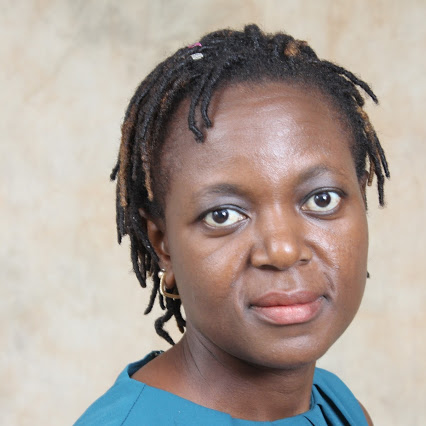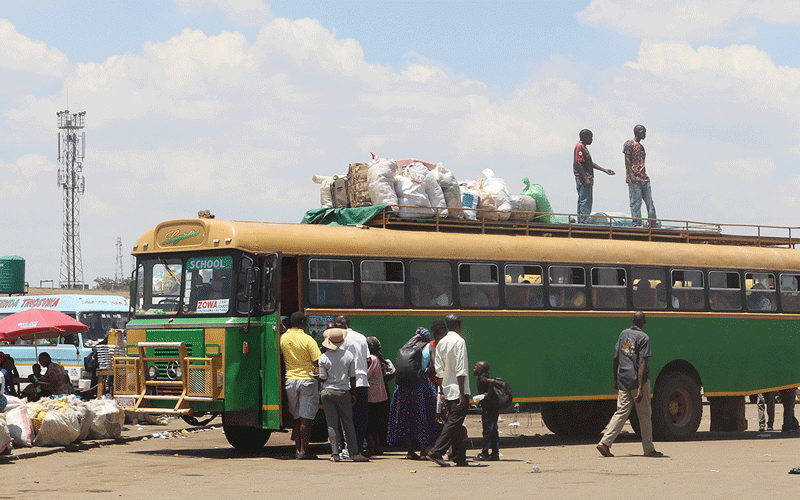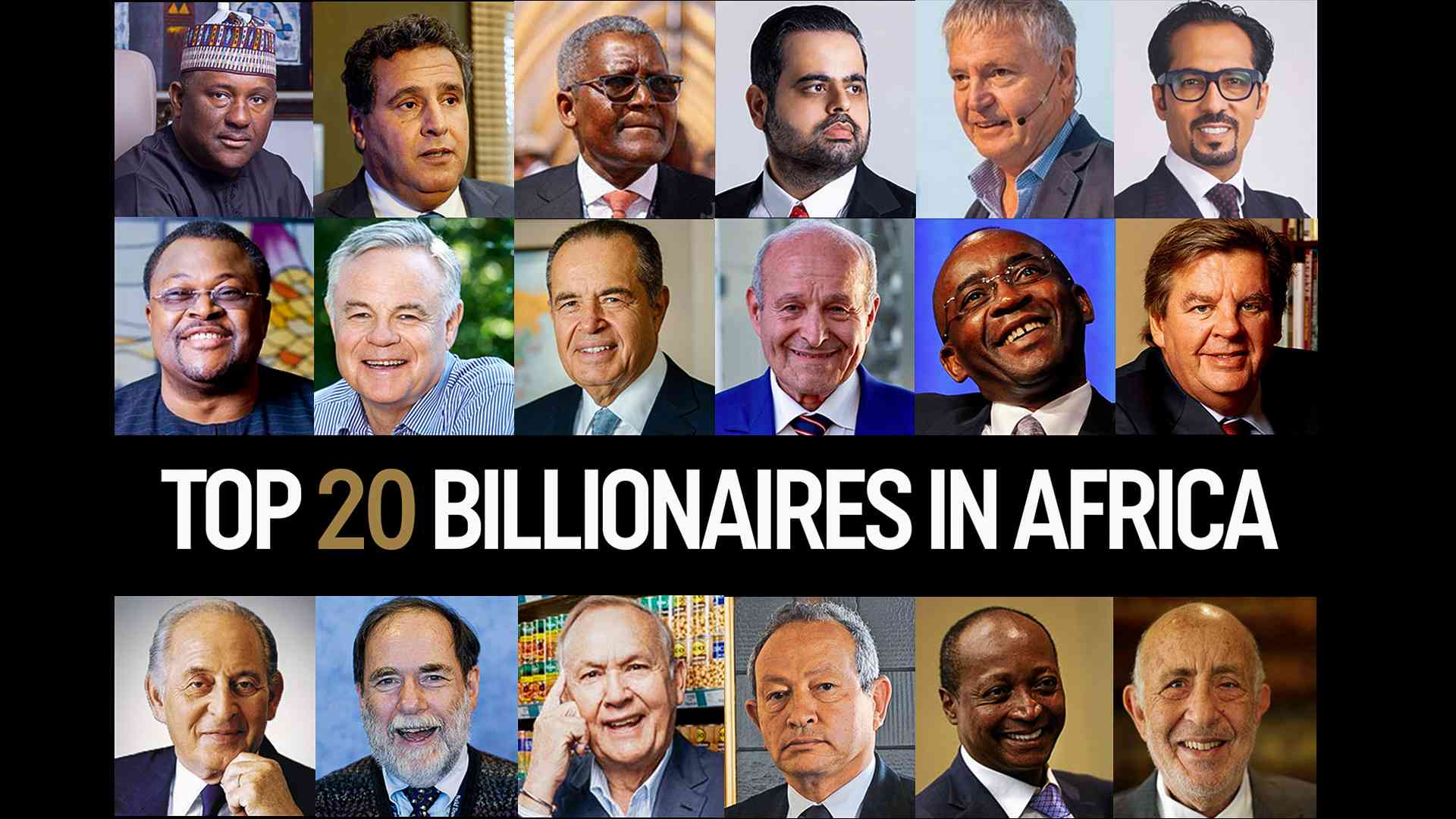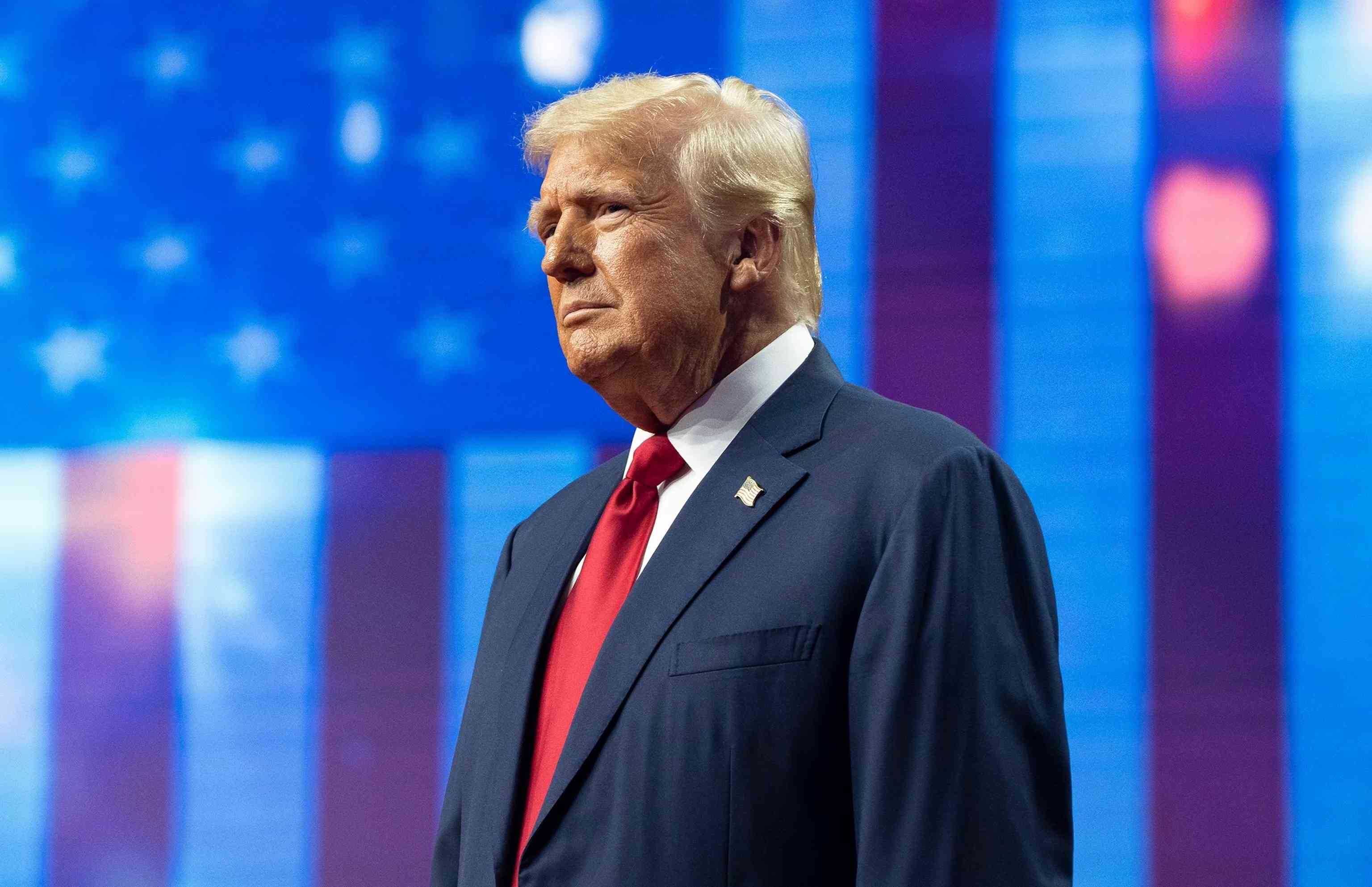
THERE are three arms of the State, namely the Legislature, the Executive and the Judiciary. The Church is not one of them, but is it really not an arm of State? Is the Church not government’s sleeping partner? Just how much influence does the Church have on the politics and laws of the country?
MIRIAM TOSE MAJOME
Recent developments on Zimbabwe’s slippery political landscape have re-ignited the age-old philosophical discussion on the separation of the Church and the State. Since colonialism and the war of independence, political leaders and Church leaders have enjoyed a rather shrewd and less-than-innocent love-hate relationship.
They cleave to each other when it is convenient and discard each other whenever one feels the other has encroached onto their territory.
Inseparable twins Local churches, with the exception of a few like the Roman Catholic Church, have traditionally remained tight-lipped even in the face of government excesses. Churches have benefited from the freedom of worship, protection and independence guaranteed by the Constitution and government policies.
They all enjoy tax immunity, even when such immunity is questionable, and some have even benefited from grants of huge tracts of State land. However, more and more churches have started speaking out against government’s ineffectual policies and the present economic malaise.
The political leadership has predictably responded by pointedly warning them to shut up or face unspecified dire consequences. In turn, the State has benefited from the natural docility of the Church, as opined by Karl Marx. Most of all the Church is a conveniently large constituency, upon which the political leadership preys on for votes during election periods.
Politicians know when and how to turn on the charm when it matters most and the Church always meekly obliges. How then can the Church be excluded from taking part or commenting on the politics of the land when it so clearly has a major stake in politics? How possible is the complete separation of religion, politics and the law?
- Chamisa under fire over US$120K donation
- Mavhunga puts DeMbare into Chibuku quarterfinals
- Pension funds bet on Cabora Bassa oilfields
- Councils defy govt fire tender directive
Keep Reading
No official State religion in Zimbabwe Zimbabwe has no official state religion, so it is not a Christian country. All religions are equally protected by the law, although there is a strong bias towards Christianity only because more people claim to subscribe to it than to any of the other religions.
Laws are derived from the values, norms and customs of society and religion is particularly influential. Personal religious convictions shape national discourse and citizens are always happier when the laws appear to reflect their own subjective views.
Strangely, laws are only good and just when they reflect those parts of religious texts that people agree with. Such is the confusion between legal, moral and religious arguments. Many people struggle with the concept that the Constitution protects the rights of all citizens regardless of their personal or social circumstances.
This includes its upholding of the rights of even homosexuals and convicted criminals regardless of peoples’ religious opinions. Similarly, many religious people struggle with secular laws, for example, those pertaining to capital punishment, abortion and contraception, because they usually contradict their religious convictions.
In 2015, a South African bus driver was dismissed from the Western Cape MyCiti Bus Company after ignoring many formal warnings from his employer to stop his Christian prayer rituals which he performed every time before starting each journey.
Some passengers complained that they found the Christian prayers offensive and requested him to stop, but he refused and was fired. Religious people fear that if no control is exercised on government, legislators will pass laws that could be immoral. This contrasts sharply to secularism, which purposefully seeks to exclude religion from public administrative systems.
Is it legal to teach religion in public schools? Religious and moral education is taught in government schools as part of the primary school curriculum. The syllabus and ethos are Christian based and it can be argued that this contravenes the Constitution. Section 60 provides for freedom of conscience stating specifically that: (1) Every person has the right to freedom of conscience, which includes (a) freedom of thought, opinion, religion or belief, (b) freedom to practise and propagate and give expression to their thought, opinion, religion, or belief whether in public or in private and whether alone or together.
If religion is taught in public schools, the curriculum should be broadened to include all other religions with equal prominence. Notably, church and private schools are allowed to exercise discrimination to the exclusion of other religions.
The Education Act 4(5) does allow discrimination on grounds of religion. Subsection (a) protects schools run by religious organisations and allows exclusive schools for Hindus, Moslems, Christians, Jews and others.
Outlawing religious symbols Internationally there is rapid leaning towards secularism. There is an aggressive drive throughout America and Europe to strike down laws that promote any particular religion and to remove religious symbols such as the Quran, crucifixes and Bibles from public places. The Gideon Bible Society, which distributes free Bibles in hotel rooms and college campuses worldwide, has had to curtail its activities in some places.
Some hotel chains have stopped the distribution of Gideon Bibles for fear of legal action threatened by atheists and other religious groups, who argue that the ubiquitous presence of the Bibles violates their rights.
In 2004, the French government banned the use of religious symbols from public places and schools. The ban was and is still widely believed to have been aimed at hijabs, the headscarves commonly worn by Moslem women. However, the ban extended to the wearing or displaying of crucifixes and Jewish skullcaps.
In France, there was a recent furore over the law banning the so-called burkini, which is a full body swimsuit worn by Moslem women. The controversial law which saw Moslem women being hounded off beaches by the police was overturned by the French Administrative Court in August 2016.
Historical background In the Christian world, the Roman Catholic Church has had the biggest influence on State politics and laws since it was declared the official religion of the Roman Empire by Emperor Theodosius I in 400 AD. Up to the 16th Century and beyond, Popes and priests advised and presided over State and monarchy affairs in very powerful capacities.
The Church benefited from massive grants of land, prestige and wealth, which have persisted to the present day.
Rumblings of dissent with the purported God ordained monarchies grew louder with the growing Protestant movement and unstoppable wave of Republicanism.
The French Revolution between 1789-99 was instrumental in charting the course for the separation of State and Church. Since then, the Church’s influence in government has persisted though much less prominently.
In the Moslem world, countries like Iran and Pakistan declared Islam as their official states’ religion and follow sharia law in government administration.
Sharia law simply means Islamic law and the rules which regulate the public and private life of Moslems, according to their religious texts the Quran and the Hadith.
Statistics tend to show that secular laws and governance are associated with low crime rates. The most religious countries coincidentally tend to be the poorest and the most crime ridden. The United States is the most religious country among developed nations and coincidentally, has the highest crime rate and social unrest in comparison.
Crime rates are very low in highly secular countries like Sweden, Netherlands and Finland which put less emphasis on the role of religion and have clearer demarcations between religion, politics and the law.
Miriam Tose Majome is a lawyer and a teacher. She can be contacted on [email protected]











